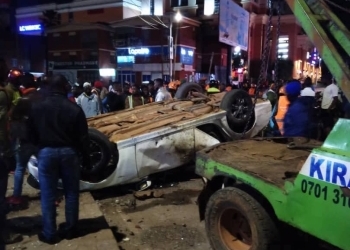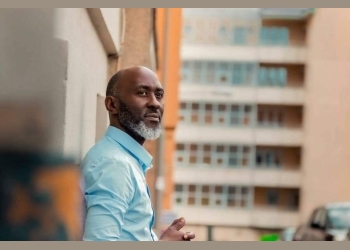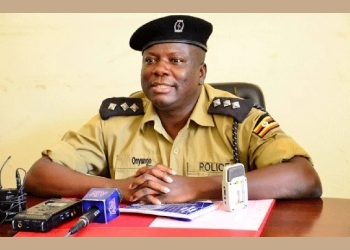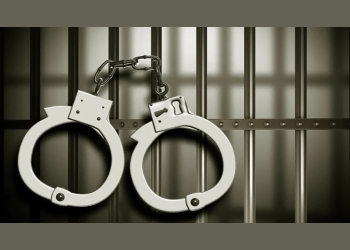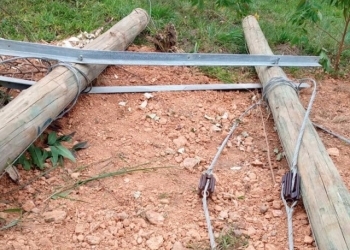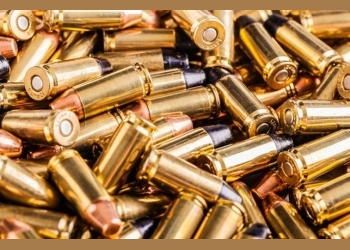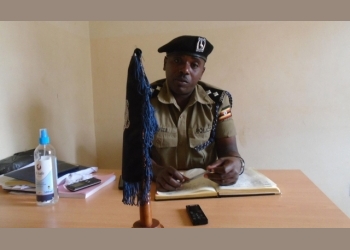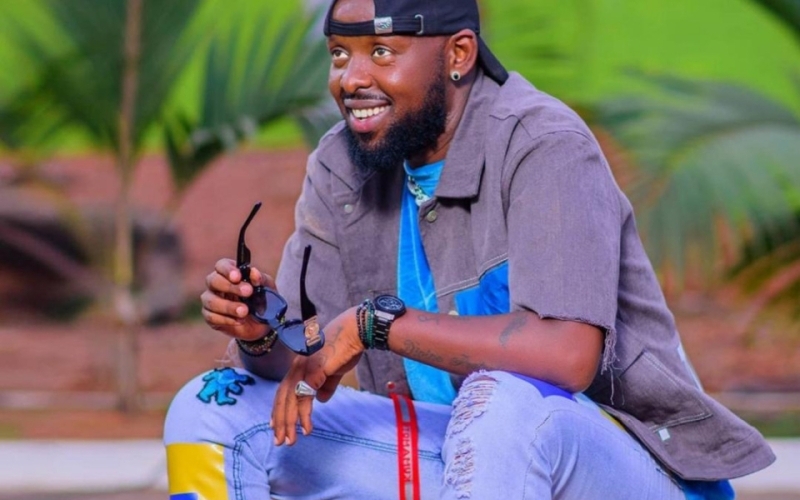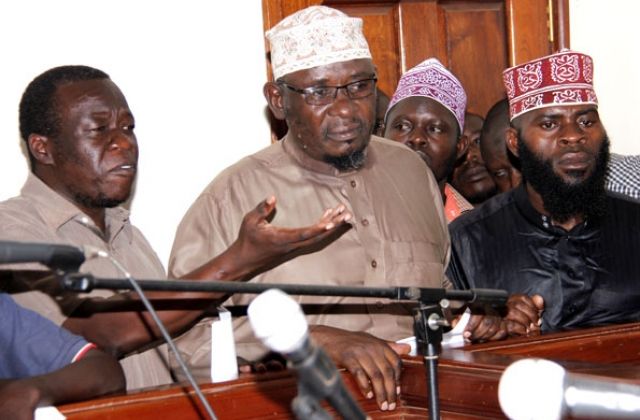
The constitutional court in Kampala has dismissed an application filed by suspects facing trial for the murder of Muslim clerics seeking its intervention on the refusal by the Director of Public Prosecutions (DPP) to avail them the list of evidence he intends to use against them.
Led by Sheikh Muhammad Yunus Kamoga, the leader of Jamat Dawal Salafiya, the nine suspects had sought the Constitutional Court to hold the DPP Mike Chibita in contempt of court orders, accusing him of ignoring directives by Justice Ezekiel Muhanguzi of the International Crimes Division in March last year to disclose all the evidence that he intends to use against them within two months.
The group is part of the 14 suspects accused of masterminding the wave of murders of Muslim leaders and clerics Mustafa Bahiga, the former Kampala District Amir and Hassan Ibrahim Kirya, the Spokesperson of the Kibuli based Muslim based faction two years ago.
While dismissing the petition with costs today morning, a panel of five justices of the Constitutional Court led by Deputy Chief Justice, Steven Kavuma held that the petition raised no grounds for interpretation.
The core work of the Constitutional Court is to interpret the constitution and see if there have been any violations and compensate the aggrieved party. The court also ruled that it could not interfere with the mandate of the DPP since he is not supposed to work under the direction or influence of any one or institution as the constitution demands that he works independently.
The Judges noted that Sheikh Kamoga and his group should have explored other alternatives including petitioning the trial court of International Crimes Division (ICD) to enforce its earlier order or petition the High Court -Civil Division to enforce their rights that they feel were violated.
They also noted that even if the DPP later on complies with the orders and avails them with the needed list of evidence, they are still at liberty to seek remedies from a competent court if they feel their right to access evidence on time was violated.
Sheikh Kamoga had also petitioned the Constitutional Court to interpret whether it was lawful for police to torture them and detain them beyond 48 hours without producing them in court for formal charging.
In their ruling, the Justices held that they saw nothing in this prayer that needed a constitutional interpretation. The justices instead advised the suspects to petition the relevant courts like the High Court for remedies.
